
Carefully assess the patient's condition before prescribing.
According to Mr. Vuong Anh Duong, Deputy Director of the Department of Medical Examination and Treatment Management, with Circular No. 26/2025/TT-BYT, the Ministry of Health has issued a List of diseases and groups of diseases that are allowed to prescribe outpatient drugs for up to 90 days, in cases where professional documents do not clearly state the duration of drug use.
This list mainly includes chronic diseases such as hypertension, diabetes, bronchial asthma, peptic ulcer, and some specific hematological diseases such as Thalassemia, congenital and acquired hemolytic anemia - diseases that require long-term treatment at specialized hospitals at higher levels.
This regulation is a timely adjustment, in line with the current trend of increasing chronic diseases, while creating favorable conditions for patients, especially those in remote, mountainous and island areas - where access to specialized medical services is still difficult.
"The new circular with the regulation of a maximum prescription of 90 days has great significance in many aspects. For the health system, reducing the frequency of patients returning for examination helps to significantly reduce the burden on health facilities, especially provincial and central hospitals - which are in charge of treating many complicated chronic diseases.
For patients, this is a deeply humane and practical change, helping them save time, effort, and travel costs, while ensuring continuous, uninterrupted treatment," Mr. Duong shared.
During the policy development process, the Ministry of Health identified a number of risks that need to be controlled, such as: Patients do not ensure drug storage conditions; are not closely monitored for unwanted side effects; disease progression requires adjustment of the regimen but has not been re-evaluated; or patients lose or do not use all of their drugs, causing waste...
Therefore, Mr. Duong said, this regulation is not applied universally, but doctors must fully assess the clinical condition and have a stable prognosis before prescribing a long-term treatment. At the same time, patients and their families also need to raise their sense of responsibility in complying with treatment, properly preserving medication and monitoring for unusual signs to promptly return for a check-up when necessary.
At Bach Mai Hospital, Master, Specialist II Doctor Tran Thai Son - Deputy Head of the General Planning Department said that the hospital leaders required doctors to carefully assess the specific condition of each patient. There are stable cases that can be prescribed for 90 days, but there are also cases that should only be prescribed for 5-10 days, because the disease is in the acute stage and needs close monitoring.
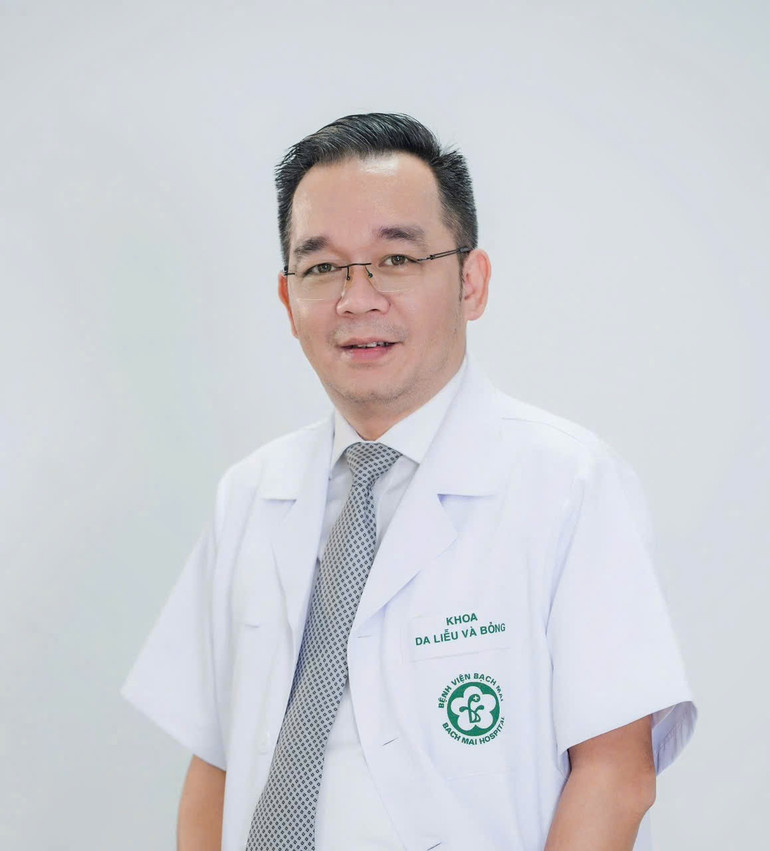
"If the prescription is too long and the disease progresses, and the patient does not return in time, it can cause risks or waste medicine. Therefore, our point of view is that prescriptions need to be individualized - each patient has a regimen, not mechanical. Doing so will both save the Health Insurance Fund and help patients comply with treatment better.
Some issues such as drug preservation also need more attention. For example, there are drugs that require refrigeration, if not properly instructed, patients can damage the drug, affecting the treatment's effectiveness. Therefore, in addition to prescribing correctly, doctors also need to pay attention to giving specific instructions so that patients can understand and comply best," said Dr. Son.
Regarding the maximum validity of the medicine, 5 days is inherited from the previous regulation, to avoid the prescription from expiring, to avoid having to come back for a re-examination after the time has passed, which is very inconvenient.
Closely monitor prescriptions
Sharing about the strict supervision of drug prescriptions, Dr. Son said that Bach Mai Hospital has been implementing this for many years. First, the hospital fully updates doctors on the regulations of the Ministry of Health - from drug lists, indications, techniques, tests to paraclinical. The hospital organizes periodic training sessions, updating new regulations.
In purchasing, the hospital carefully checks to eliminate active ingredients that are not on the prescribed list, avoiding buying the wrong product and causing waste. In addition, the hospital's management software system has warning functions, such as drug interaction warnings, drug confusion warnings, etc., helping doctors proactively control and reduce errors in prescribing.
"Another point is that we carry out weekly prescription reviews. That is, after the doctor prescribes, the professional department will review and evaluate the reasonableness, detect any shortcomings, such as prescribing duplicate drugs, prescribing incorrect indications, prescribing additional supplements that are not really necessary, etc.
These cases will be repeated for the doctor to adjust and learn from experience. Doing this well will not only help ensure safe treatment but also limit unnecessary risks," said Dr. Son.
Regarding the synthesis of prescriptions, Dr. Son said that previously, according to Circular 52, the synthesis of prescriptions was assigned to the head of the examination department by the hospital leadership. However, from Circular 26, the main examining doctor will be responsible for synthesizing the final prescription. If necessary, the main examining doctor can request the Hospital-wide Consultation Council to consider and decide.
Mr. Son assessed that this regulation is very effective because the main examiner often has a clear understanding of the patient's overall condition. The synthesis of prescriptions from this focal point will avoid duplicate prescriptions, omission of necessary drugs, and at the same time promote the role of inter-specialty coordination; patients will receive more comprehensive and more appropriate treatment.
Proactively review drug supply sources
With this new Circular, some primary health care facilities, especially in remote areas, may face challenges in ensuring adequate drug supply as the number of drugs prescribed each time increases by 3 times compared to before. In addition, some specialized drugs may not be popular or may be in short supply locally at certain times.
However, according to Mr. Vuong Anh Duong, the list of diseases that apply 90-day prescriptions are mainly common chronic diseases, with many equivalent alternative drugs and active ingredients. Rare and complicated diseases such as cancer or special hematological diseases are still mainly treated at the central level, so they do not put too much pressure on the lower levels.
The Ministry of Health will continue to issue specific professional guidelines and support localities in upgrading prescription management software, improving prescription processes, and synchronizing monitoring systems to monitor implementation effectiveness.
The Ministry of Health also encourages units to proactively review and plan a reasonable number of drugs based on actual prescriptions, to ensure that patients are fully dispensed and are not interrupted in treatment.
Source: https://nhandan.vn/ca-the-hoa-trong-ke-don-thuoc-ngoai-tru-sat-voi-tinh-trang-nguoi-benh-post891847.html










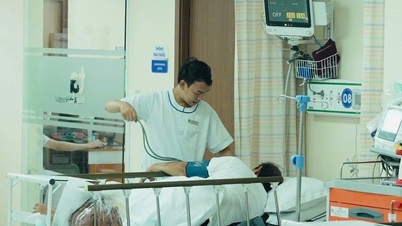




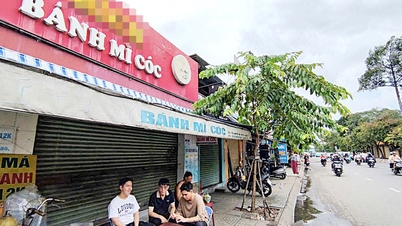





















































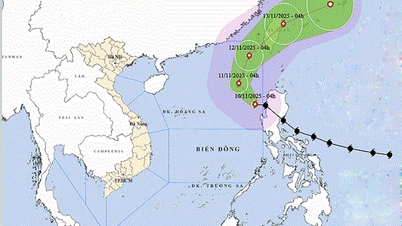









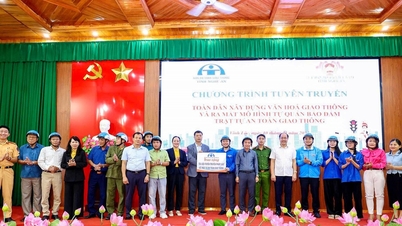



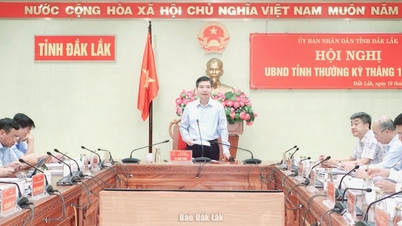




![Dong Nai OCOP transition: [Article 3] Linking tourism with OCOP product consumption](https://vphoto.vietnam.vn/thumb/402x226/vietnam/resource/IMAGE/2025/11/10/1762739199309_1324-2740-7_n-162543_981.jpeg)











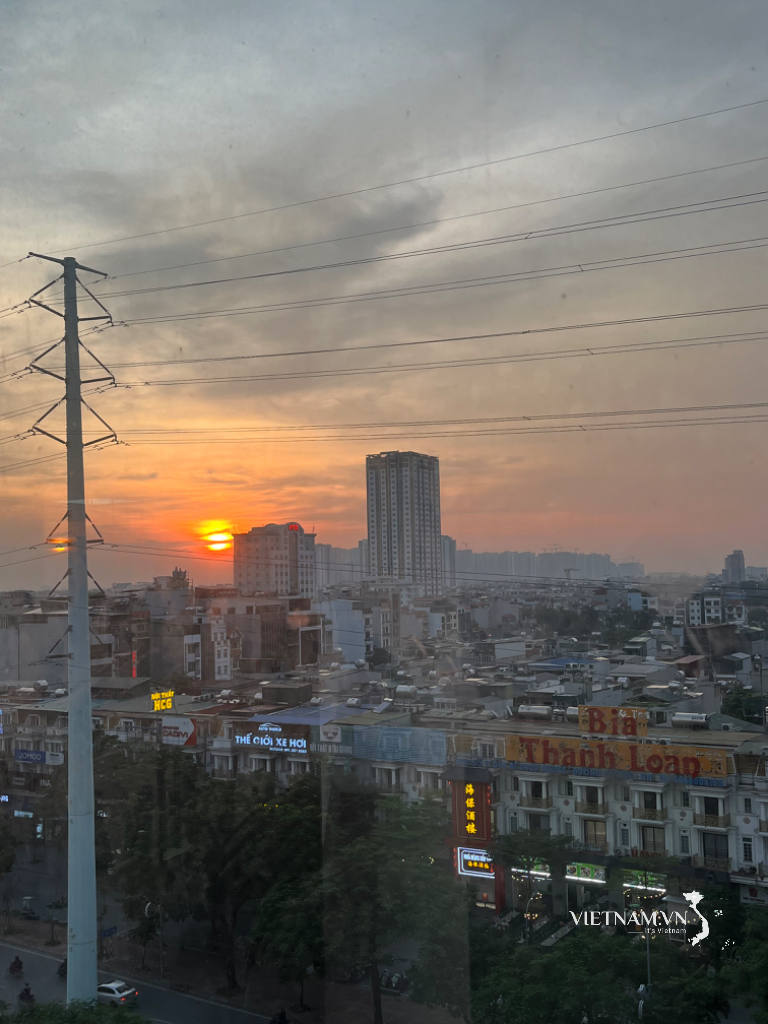

Comment (0)